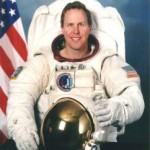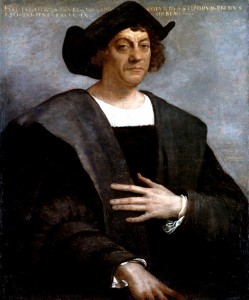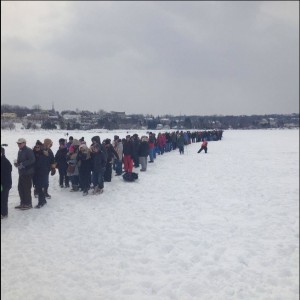
I consider myself an experienced traveler. Over the past twenty years I’ve explored seven or eight countries, and all but a couple of the contiguous American states. I’ve traveled at least twice by train: once as a small child, when my grandmother took me to Toledo aboard the last steam train to provide service in Michigan; and once with my own children to Ann Arbor for a day of museums and adventure.
So who would have expected that a five-hour train ride from Dearborn to Chicago would be so full of new experiences? I mean, had I embarked on a cross-country ride on a Harley, or cruised the Yangtze, or hiked Mount Kilimanjaro, I’d have expected to be somehow changed by the experience. But meandering along through Kalamazoo, Battle Creek, Dowagiac, New Buffalo, Hammond-Whiting, and Chicago?
Knobs and Handles – Planes and trains have followed distinct evolutionary paths—so the systems which I’d come to expect on an aircraft, such as a sliding door lock for the restroom, presented new challenges on the train. The restroom faucet is an enigma in itself—there is no handle, and after a bit of fiddling I found that pressing against it from beneath released a splash of warm water.
The Secrets of Cities and Swamps – But I was surprised by more than the mere mechanics of the passenger car itself. Cities and towns reveal an older, seedier side from the vantage point of a moving train. I’ve driven Ypsilanti’s Main Street a hundred times, even enjoyed the festivals in historic Depot Town; but from the tracks one sees the city’s effluent: its discarded bikes and lawn chairs and rubber tires, forgotten tractors, dirty, unwashed rear entrances. At Kalamazoo, graffiti artists had reclaimed bridge abutments with their wild and colorful strokes. In cities all along the way, beyond the weed-strewn bed lay smokestacks and service plazas, steeples and storage units, and the stubble of industry gone sour. But here, along the tracks, nature had reclaimed the land. Beavers had erected their lodge in a swamp; and I watched as a wild turkey rose from the low grasses, oblivious to the fate of its domestic cousins, already destined for stardom at next Thursday’s Thanksgiving feast.
And Most of All, the People – If cities and countryside are to be experienced and enjoyed, and animals are to be loved, how much more then can the people we meet enrich our lives and fill our hearts?
So it was for me aboard Amtrak Wolverine #351 on Thursday morning. There were all kinds of plain and fancy folks: young ingénues with laptops and DVDs; elderly vacationers heading off to see a brother in Missouri; unemployed workers seeking a career or just a job in the next town; business commuters, heading for meetings in the Windy City.
Seated behind me, a young man entertained his companion with tales from his personal “Blair Witch Project”: “He spotted me on top of the building and called out, but I jumped and ran into the woods. He followed, and I could hear his breath, hear the branches and twigs break beneath his feet. He almost caught up with me, but then….” To my disappointment, the two young men disembarked at Kalamazoo for a “seven-minute smoke break,” as promised by the conductor, and either stayed behind or returned to sit in a different seat, so I never heard the end of the story.
Amtrak’s conductors and crew were caricatures of themselves, as though pulled from central casting for “The Polar Express.” The white shirts with epaulets and gray conductor jackets and hats were reminiscent of an earlier era, and from the portly conductor to his young female counterpart, all wore them with pride. The youngest worker we saw, a girl barely past high school with wisps of long dark hair peeking from behind her ears, was so cute it brought a smile—and when I turned to my husband, I found him also grinning, enraptured by her youthful charm and oversized hat.
My life is so busy with “doing” that this experience—ten hours of forced “being” and “thinking”—was a great gift. I was warmed by the sheer goodness of mankind, as evidenced by the people who were my companions on my journey. How much, I thought, must God love us, if I can so love these people—people I scarcely knew, but who each, by their lives and comportments, revealed the essence of humanity. It was a long, tiring, and very rewarding day!












